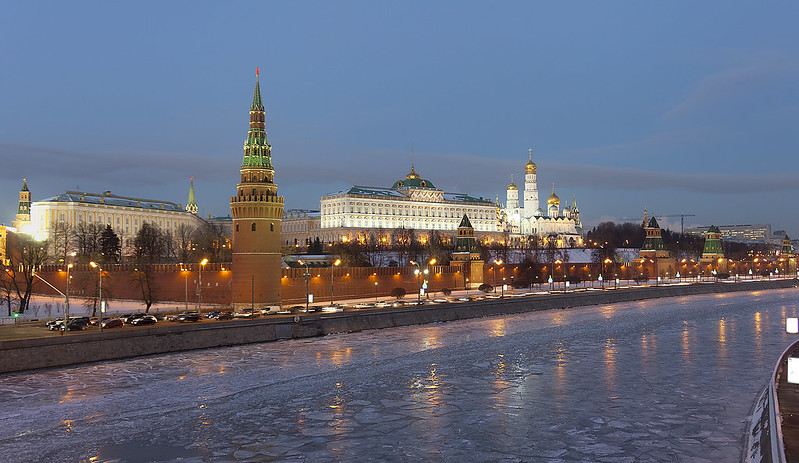Russia’s Investigative Committee (SKR), the country’s main investigative authority, has opened a criminal case against Laurent Vinatier, a French national and researcher with the Swiss conflict mediation NGO Center for Humanitarian Dialogue. The SKR accused Vinatier of gathering military information and failing to register with Russian authorities as a “foreign agent.”
The Russian Federal Security Service (FSB) claimed that while in Moscow, Vinatier established numerous contacts with Russian political scientists, sociologists, economists, military experts, as well as government officials. Through these direct contacts, he allegedly collected military and military-technical information that could be used by foreign intelligence services to undermine the security of the Russian Federation.
The FSB, which detained Vinatier in June, said it interrogated him, and that he has fully admitted his guilt.
The Investigative Committee added that Vinatier confessed to the charges and that seven witnesses, with whom he allegedly attempted to gather information on Russia’s military and military-technical activities, were also questioned.
The investigation reportedly included a linguistic forensic examination of the audio recordings from Vinatier’s meetings with Russian experts. His technical equipment was seized and examined, according to SKR.
In 2012, Russia enacted the “foreign agent” law, which requires non-governmental organizations, media outlets, and individuals funded from abroad to declare themselves as “foreign agents” if they engage in the broadly-defined field of “political activity.”
Since Russia’s invasion of Ukraine in February 2022, the disputable legislation—evoking negative connotations from the Soviet era—has been increasingly used by Russian authorities.
This law has become Moscow’ favored tool for targeting government critics, civil society organizations, media outlets, independent journalists, activists, and individuals who receive foreign funding and are perceived to be under foreign influence.

